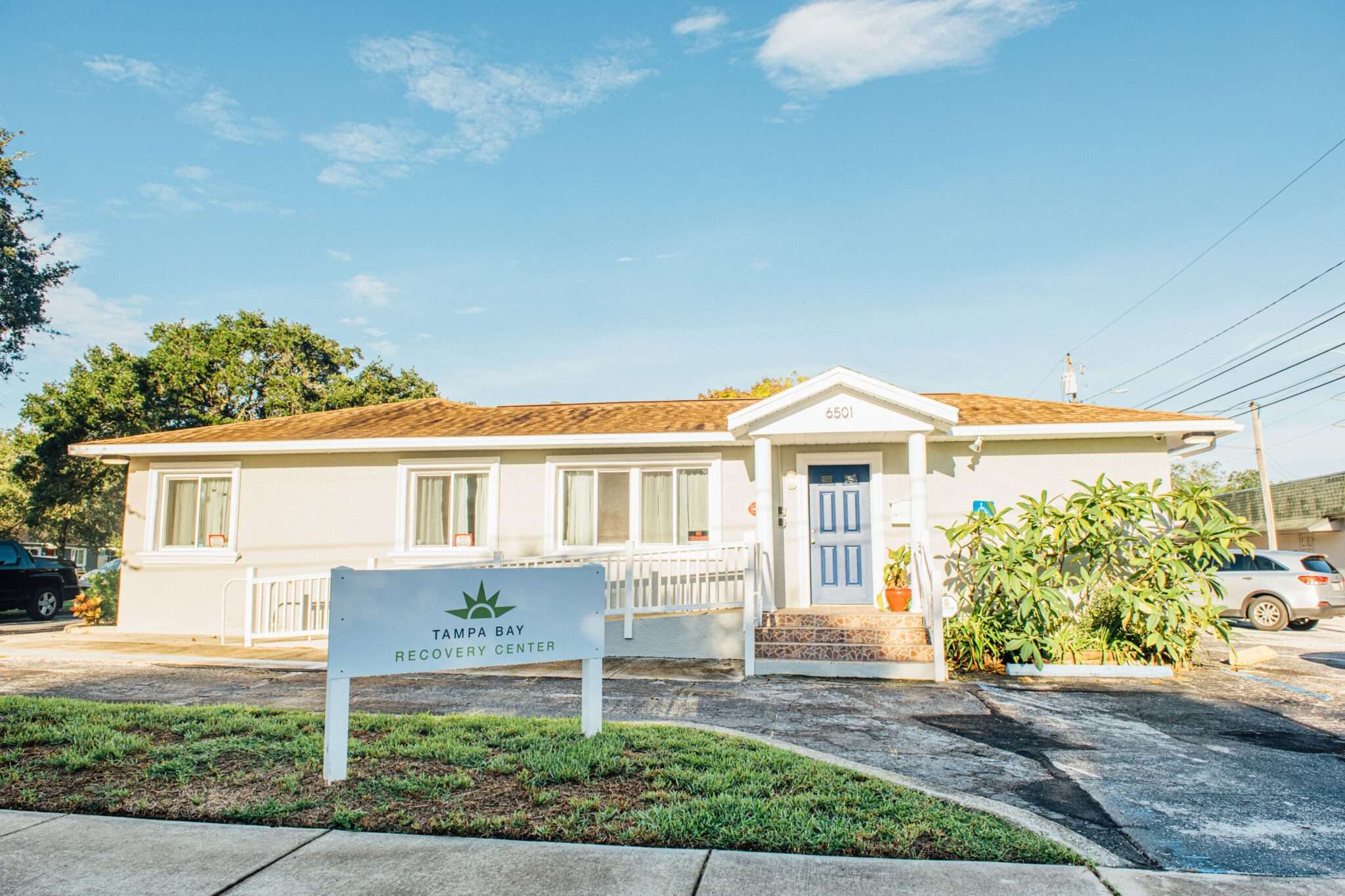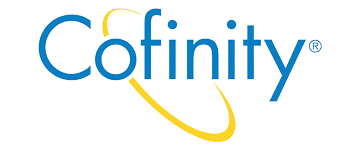Heroin Addiction Treatment in Tampa, Florida
Heroin addiction is a progressive disease that can devastate not only the individual but also their loved ones. At Gulf Coast Recovery Center, our heroin rehab program in Tampa offers comprehensive care to help individuals overcome addiction and regain control of their lives. With evidence-based therapies and holistic support, we provide the tools needed for long-term recovery.
If you or a loved one is struggling with heroin addiction, call us now at 813-755-8864 or verify your insurance to begin your recovery journey.
What is Heroin?
Heroin is a highly addictive opioid derived from morphine. It is available as a white or brown powder or a sticky, tar-like substance and can be smoked, snorted, or injected. Regardless of how it enters the body, heroin is quickly converted into morphine, binding to opioid receptors in the brain and body.
Effects of Heroin
Heroin use results in a surge of euphoria by increasing feelings of pleasure and muting pain. However, it also affects vital organs like the heart and lungs, making overdose potentially fatal. Symptoms of a heroin overdose include:
- Loss of consciousness
- Shallow breathing
- Weakened pulse
- Drop in body temperature
Signs and Symptoms of Heroin Addiction
The symptoms of heroin addiction can vary based on genetic, physical, and behavioral factors. Common signs include:
Physical Symptoms
- Poor hygiene
- Track marks on arms and legs
- Skin infections at injection sites
- Weight loss
- Poor coordination
- Sweating
- Nausea and vomiting
- Constipation
- Insomnia or excessive sleep
Cognitive Symptoms
- Impaired memory and decision-making
- Intense cravings for heroin
- Lack of focus
- Delusions or hallucinations
- Paranoia
Psychosocial Symptoms
- Depressed mood
- Increased anxiety
- Inability to experience pleasure
- Mood swings
- Agitation
Why is Heroin So Addictive?
Heroin is classified as a Schedule I drug by the U.S. Drug Enforcement Administration (DEA), meaning it has a high potential for addiction and no accepted medical use. The euphoric “rush” that heroin produces is both intense and short-lived, leading users to seek repeated doses. Over time, this alters the brain’s chemistry, creating dependency and reinforcing addictive behaviors.
How Does Our Heroin Rehab in Tampa Work?
Gulf Coast Recovery Center’s heroin rehab program offers a comprehensive approach to addiction treatment. Key components include:
Medically Supervised Detox
Detoxification is the first step in recovery, allowing the body to rid itself of heroin while managing withdrawal symptoms. Our medical team ensures safety and comfort during this process.
Individualized Therapy
Clients engage in one-on-one therapy sessions to address the root causes of their addiction and develop coping strategies.
Group Support
Group therapy provides a supportive community, enabling clients to share experiences, build connections, and gain insights from peers.
Holistic Therapies
We integrate holistic approaches, such as mindfulness and yoga, to promote mental and physical well-being.
Benefits of Heroin Addiction Treatment
Professional heroin addiction treatment offers numerous benefits, including:
- A safe environment for detoxification
- Reduced risk of life-threatening withdrawal symptoms
- Behavioral therapies to understand and address addiction triggers
- Emotional healing and self-esteem building
- Relapse prevention skills
By proactively engaging in treatment, individuals can reclaim their lives and work toward a healthier, more fulfilling future.
Long-Term Effects of Heroin Addiction
Heroin addiction can have devastating physical, psychological, and social consequences:
Physical Effects
- Respiratory issues, including pneumonia
- Collapsed veins from repeated injections
- Increased vulnerability to infectious diseases like HIV and hepatitis
- Damage to vital organs, including the liver and kidneys
- Chronic constipation and hormonal imbalances
Psychological Effects
- Intense cravings and obsession with using heroin
- Depression, anxiety, and mood disorders
- Strained relationships and social isolation
- Reduced ability to experience pleasure
Social Consequences
- Financial difficulties
- Legal problems due to drug-related activities
- Loss of employment and housing stability
How is Heroin Addiction Treated?
Effective heroin addiction treatment begins with a medically supervised detox to manage withdrawal symptoms safely. This is followed by:
- Comprehensive Therapy: Addressing both addiction and any co-occurring mental health conditions like depression, anxiety, or trauma.
- Life Skills Training: Equipping individuals with tools to avoid relapse and rebuild their lives.
If you or someone you love is struggling with heroin addiction, call us today at 813-755-8864 or verify your insurance to take the first step toward recovery. Gulf Coast Recovery Center is here to guide you every step of the way.
















